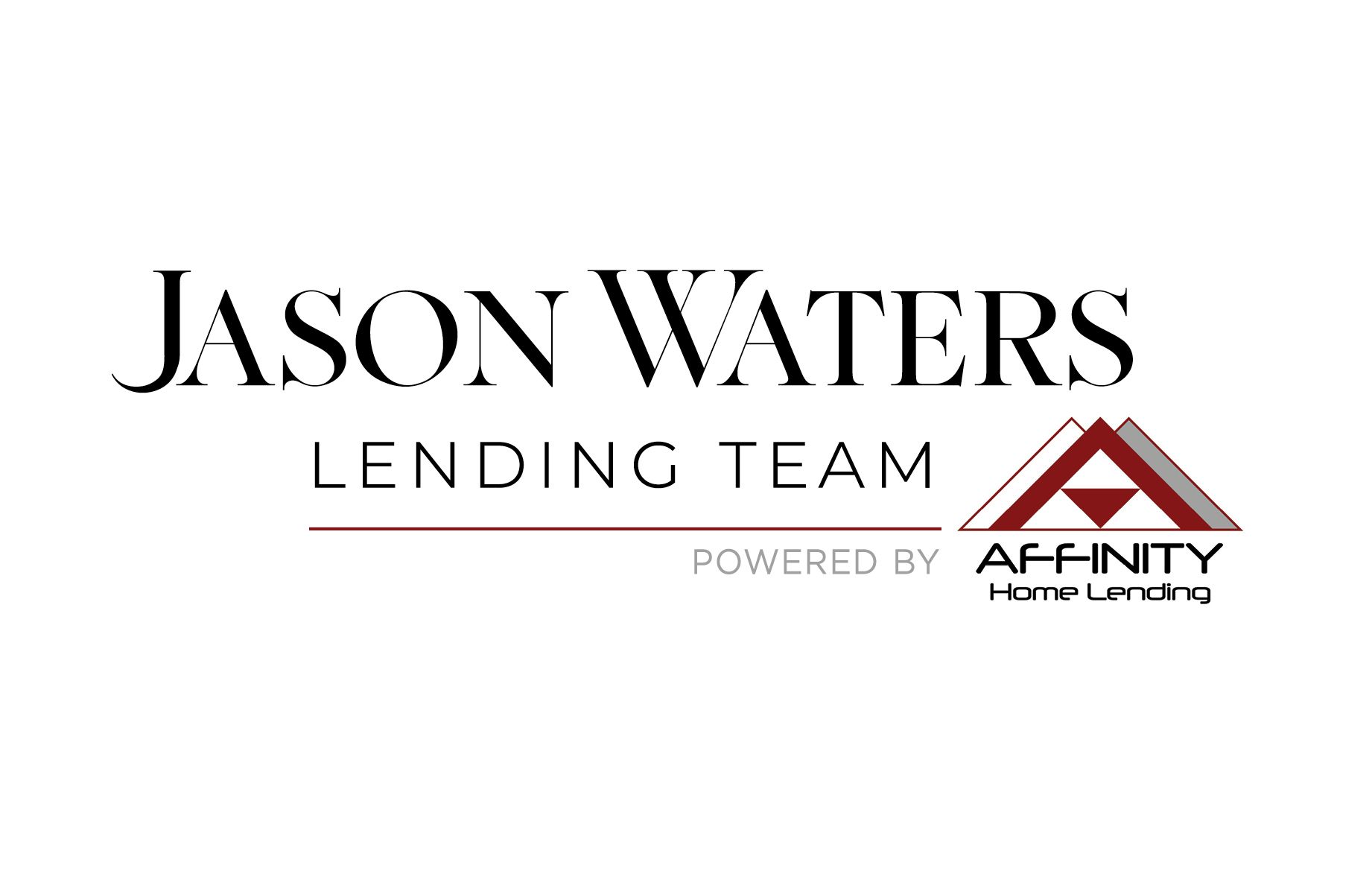What's My Business Worth?
Introduction:
When it comes to selling a business, understanding its true value can be one of the most challenging aspects for an entrepreneur. Many business owners get caught up in the emotional attachment to their company and struggle to objectively assess its market worth. However, the reality is that the value of your business is dictated by the market and what buyers are willing to pay. Having a clear strategy and understanding the key factors that drive value is essential for maximizing your return.
Emotional Attachment and Overvaluation:
You want to sell your company, but you don't know what it's worth. Well, it's worth what somebody's actually willing to pay for it. So many entrepreneurs I see overvalue their company because it’s worth more to them—it’s their baby. This is a common issue because personal attachment often clouds judgment. However, understanding the true market value is crucial for a successful sale.
Assessing True Value:
Really, we would take an approach of assessing what the company is truly worth. First of all, the value is always driven by cash flow. There may be tangible assets that hold value, but it ultimately comes down to the buyer wanting to know how much money they will make. The focus is on how much they will make when your sister's cousin is no longer working there and when those extra expenses are gone. Clear financials free of extraneous expenses provide buyers with confidence in their investment. Ultimately, the goal is to present a business that is both profitable and streamlined.
Maximizing Revenue Potential:
Or, what's the business like when it actually achieves the revenue it should have? There are a lot of factors that come into play, but ultimately, the value comes down to cash flow. We begin by figuring out exactly what that cash flow is, and then work with the business owner to maximize it. The goal is to maximize your cash flow. Improved cash flow not only boosts the value of the business but also makes it more attractive to potential buyers. By focusing on profitability, we ensure that you receive the highest possible return on your business sale.
Conclusion:
In conclusion, selling a business is not just about finding a buyer, but also about presenting a strong, cash flow-positive company that aligns with market expectations. By removing personal biases and focusing on the true financial health of the business, owners can position their company for a successful sale. Maximizing cash flow is the key to achieving the best possible outcome and securing a prosperous future after the sale.

